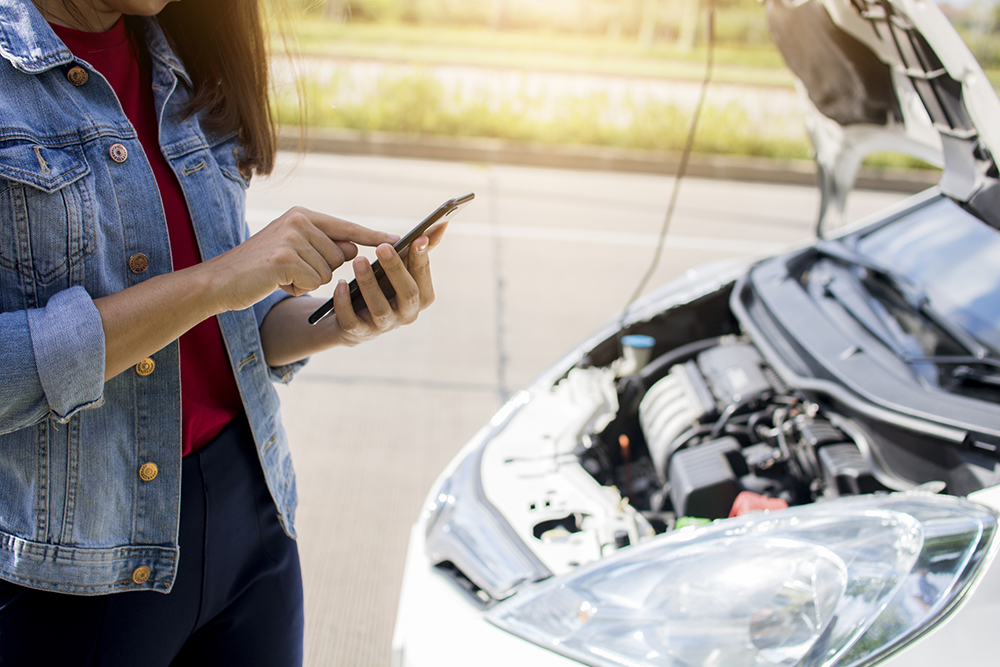Don't You Lose Your Cool To An Overheated Engine

It’s a broiling summer afternoon and you’re stuck in gridlock.
You gaze at the temperature gauge, which indicates the engine is about to overheat. Within seconds, white steam is billowing from underneath the hood.
The best way to avoid this starts with paying attention to your vehicle’s vital systems--especially the radiator--to prevent breakdowns during the hottest days of the year.
“Most vehicles overheat due to poor maintenance,” said Jared Avent, training manager at Universal Technical Institute’s Sacramento campus.
Fans and coolant regulate the engine’s internal temperature. That’s why they are such vital components, he said. Overheating generally results from insufficient coolant, however a broken fan can also disable an engine quickly.
Coolant in the radiator must be replenished or replaced routinely to keep the engine operating smoothly.
“Coolant, like oil, has a service limit. Over time the water in coolant evaporates, causing the mixture to become imbalanced,” Avent said.
A coolant flush removes old liquid and debris from the system and replenishes with fresh fluid.
Avent suggests services and precautions worth considering this time of year.
- Don’t drive a vehicle that’s overheating. An overheated engine will disable the vehicle and trying to drive further on an overheated engine can cause significant damage.
- Have your vehicle inspected. Use a certified technician especially before a long road trip. An overheating engine is usually the result of poor maintenance or a system failure.
- Maintain fluid levels. Engine coolant is like oil, it needs to be replenished and replaced periodically.
- Avoid tap water. Tap water can introduce foreign materials that corrodes hoses and causes hot spots within the engine.
- Know the causes. An engine can overheat due to a contaminated coolant, bubbles in the cooling system, a fan malfunction, broken water pump, coolant leaks, issues with the radiator cap or a leak in the head gasket.
- Keep an eye on the temperature gauge. An occasional glance keeps you informed of the engine’s condition.
- SAFETY TIP: Never twist the radiator cap while it is hot. Not only is the cap itself blistering hot, it’s holding back a rolling boil of chemicals at incredibly high pressure. Opening the cap of a hot radiator may cause severe injury from scalding liquid. Wait for the radiator to cool before opening.